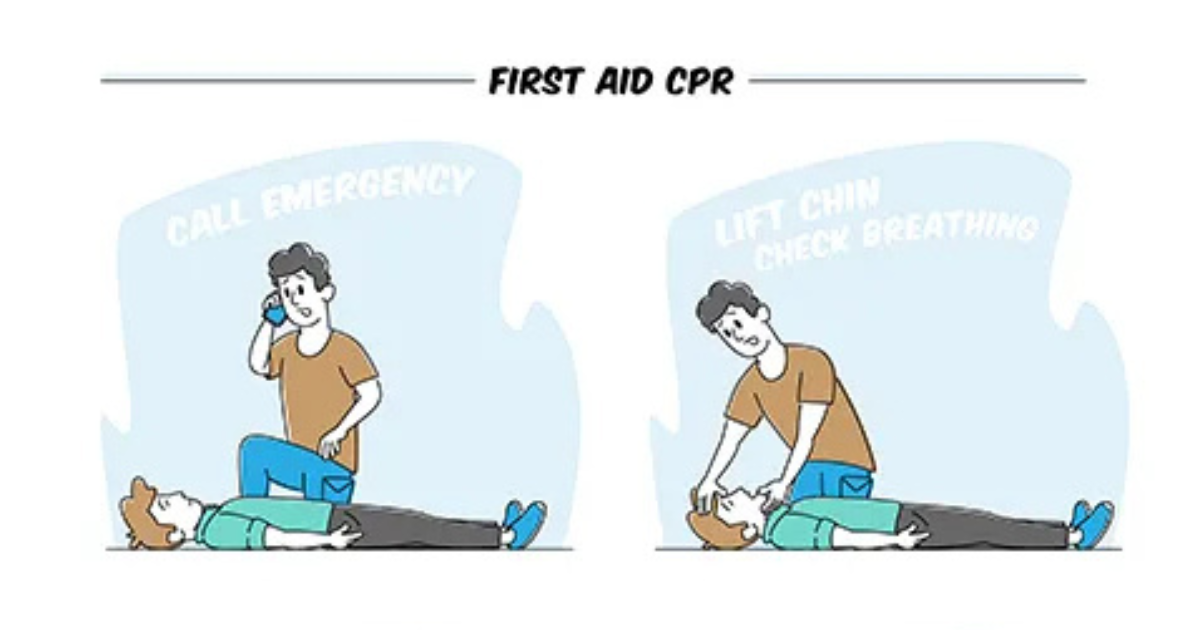When someone ignores you, whether it’s in a personal conversation, a text message, or an email, it can evoke a myriad of feelings—confusion, hurt, frustration, and sometimes even anger. The silence can feel deafening, leaving you wondering about the other person’s thoughts and motivations. Understanding the best way to respond to being ignored can help you navigate these situations gracefully and maintain your dignity. This article explores effective strategies for responding when someone ignores you, ensuring you handle the situation with maturity and poise.
Understanding the Reasons Behind Ignoring
Before formulating a response, it’s crucial to consider why someone might be ignoring you. Some common reasons include:
- Personal Issues: The individual may be dealing with personal problems that have nothing to do with you. Stress, mental health challenges, or overwhelming responsibilities can cause people to withdraw from social interactions.
- Miscommunication: Sometimes, people don’t realize they’ve ignored someone. A message might have been missed, or the other person might not be aware of the need for a response.
- Conflict or Disagreement: If there’s been a disagreement or conflict, the person may choose to avoid the situation rather than confront it.
- Testing Boundaries: Occasionally, individuals might ignore someone to test how much the other person values the relationship or to establish their own boundaries.
Understanding these possibilities can help frame your response and prevent overreacting or taking the situation too personally.
Crafting the Right Response
When faced with silence, your response should be guided by your feelings and the nature of your relationship with the person. Here are some thoughtful approaches:
1. Give Them Time
Sometimes, the best response is no response at all. Giving the other person space can demonstrate respect for their feelings and circumstances. After a period, you can reach out again if you still feel the need for communication.
2. Reach Out Lightly
If you choose to follow up, do so in a light and casual manner. A simple message can serve as a gentle reminder without applying pressure. For example:
- “Hey, I hope you’re doing well! Just checking in.”
- “I missed hearing from you. Hope everything is okay!”
3. Acknowledge the Silence
If you feel comfortable addressing the situation directly, you can acknowledge their silence. Use “I” statements to express how their lack of response affects you. For example:
- “I noticed you haven’t replied. I just wanted to make sure everything is okay.”
- “I feel a bit confused by the silence. I value our conversations and would love to hear from you.”
4. Assess the Relationship
Consider the importance of the relationship. If the individual is significant to you, it may be worth pursuing the conversation further. On the other hand, if the relationship is more casual, it may be better to let it go.
5. Move On
If the person continues to ignore you despite your efforts, it might be time to accept that they are not interested in maintaining communication. Respect their choice and focus on nurturing relationships with those who reciprocate your effort.
Maintain Your Composure
Regardless of how you choose to respond, maintaining your composure is vital. Avoid responding with anger or passive-aggressive comments. Instead, keep your communication respectful and understanding. Your demeanor can set the tone for future interactions and reflects your maturity.

